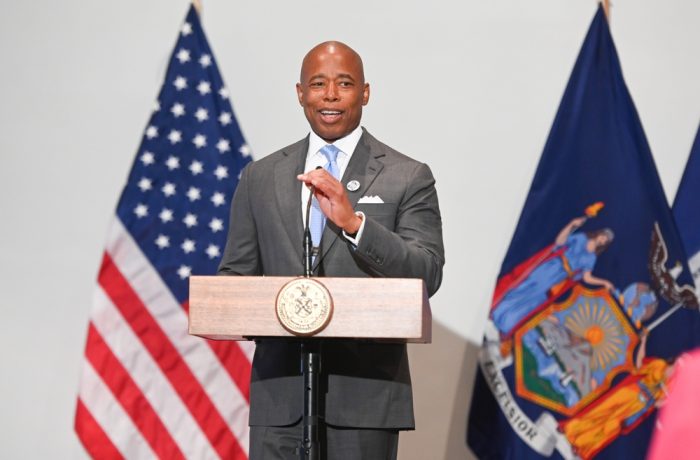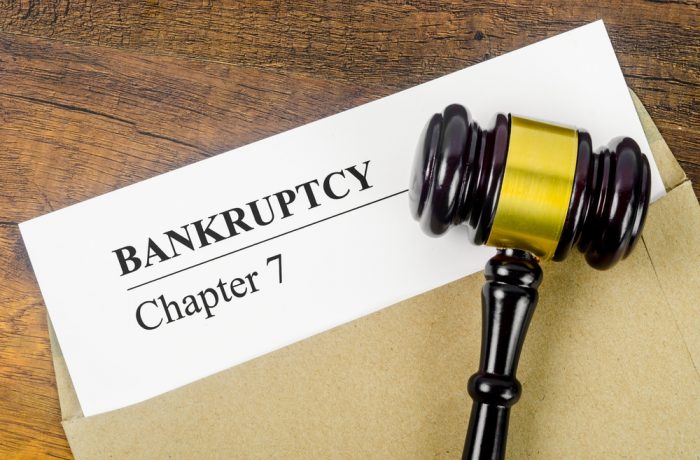Renting after bankruptcy isn’t actually as hard as you might imagine it to be. Bankruptcy has become a lot more common in today’s economy. Landlords are well aware that people still need places to live even after going bankrupt. Indeed, in some cases bankruptcy might even improve your credit score, making you a more attractive rental prospect.
However, renting after bankruptcy often requires you to handle the rental process a little bit differently. First, you may not be able to take advantage of rental specials that excuse you from paying deposits. Often, bankruptcy rentals require a full deposit. Sometimes, the landlord will even require you to pay a non-refundable deposit.
You may also want to be careful about taking on new pets if you don’t currently have pets. Even though many landlords will be willing to work with you there will still be those for whom a bankruptcy will serve as an automatic denial. Since there are fewer rental units that allow pets than those that do you will want to increase your chances of finding a good place by keeping pets out of the equation. Since pets typically cost more in both deposits and monthly rent avoiding Fido and Fluffy might be your best financial move for the time being.
You shouldn’t drive all over town before trying to find a rental as this wastes time, money, and gas. Most rental advertisements include a phone number. You can simply call the number and ask if the landlord considers renting to people who have declared bankruptcy in the past. This will allow you to focus your efforts on properties where you have a chance. Don’t be too discouraged if you hear, “It’s a total package.” This usually means they’ll work with you if you have other positive factors but that they are reluctant to say “yes” or “no” because it might be construed as a promise to rent where no such promise exists.
If you’re not having much luck with the larger rental companies try private landlords. The managers of big apartment complexes typically don’t have a lot of power: their management companies give them rental guidelines which they must follow. Sometimes the managers aren’t even the ones approving or denying the application; instead, they are faxing it to the corporate office for review. Privately owned rental units allow for a lot more person-to-person discretion. You might want to dress nicely when you arrive and be prepared to make a good impression. You might even check around with your friends or family first: they may know someone who will be willing to help you and they may be able to provide an “in” where one might not have existed before.
If you can get any positive references from past landlords be sure to include them. Be up front about your problems before the landlord checks your credit. You might want to try bringing a letter of recommendation from your employer, particularly if you’ve been with the same employer for a long time.
If you’re desperate for shelter right now and are having trouble finding a place you can use weekly rentals to tide you over until you can find someplace better. These places usually don’t require any kind of application. You simply pay a deposit and pay your rent each week. This can help you put a buffer of time between you and your bankruptcy: a bankruptcy that is 6 months old, with no other credit issues, is not as large of a bar to rental as a fresh bankruptcy might be. Do not try to rent from a company that wants to force you to get a co-signer, as asking a friend or family member to cosign for you will only put undue strain on your relationship. Though it can take a little detective work you should be able to rent a home or apartment after bankruptcy without resorting to a co-signer. Resolve not to give up. Though it can be a little bit more challenging to rent after bankruptcy it can be done.
Need assistance? We will be happy to meet with you and share our guidance. Schedule an appointment today. Call us at 855-768-8845.





